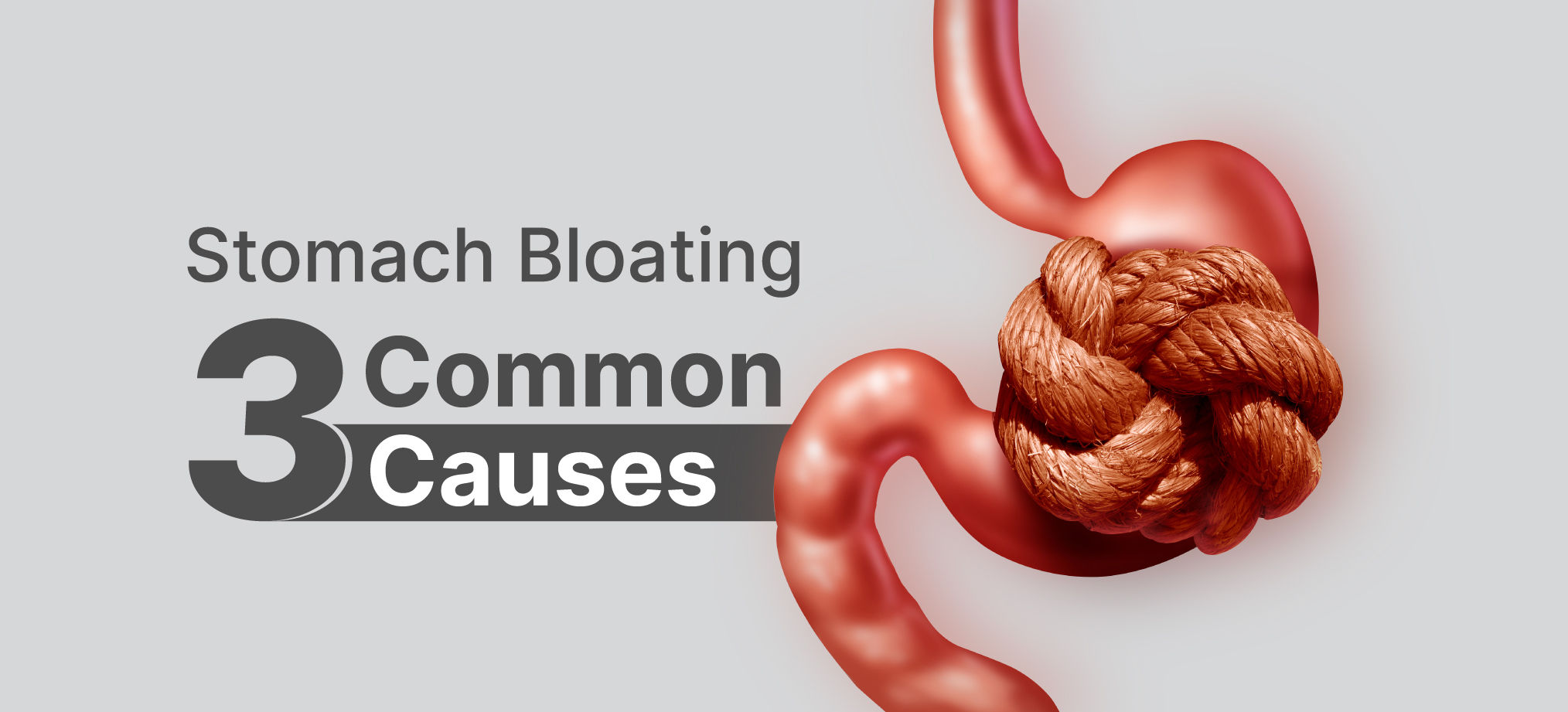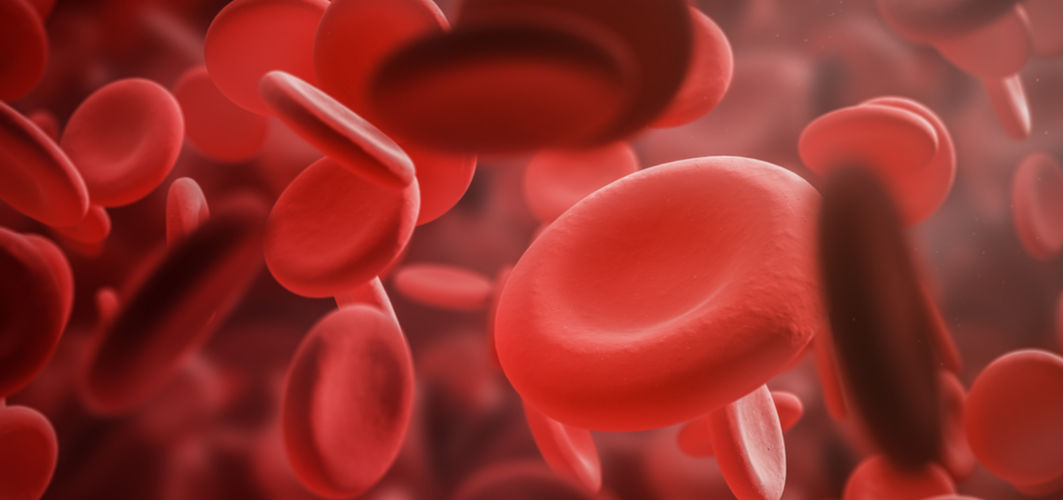General Health
Here's Why You Are Always Bloated!
5 min read
By Apollo 24|7, Published on - 30 November 2022, Updated on - 28 January 2023
Share this article
0
20 likes

You could have a food intolerance or another illness that causes gas and digestive contents to build up, or it could be as easy as eating too much too quickly. Bloating could be due to many reasons but there is only solution to get rid of it. It is to identify the root cause of bloating.
In this article, we explore what causes you to bloat, what foods are troubling your digestive system, and tips to avoid getting a bloated stomach.
3 Reasons For Your Stomach Bloat
Bloating is the unpleasant sensation of having an overly full or distended stomach. Besides these symptoms, you could also be experiencing cramping, burping, diarrhoea, constipation, swelling, and a lot of gas. There is constant pressure on the digestive organs due to collection of food, gas, or liquid in one area of the gut. The following are some potential causes of gassiness and extreme abdominal tightness:
1. Digestive Problem
Abnormally high levels of intestinal gas are the most prevalent source of abdominal discomfort and distention. A digestive problem could be to blame if you have stomach bloating after eating. Either you ate too quickly or you have a food intolerance or some other ailment that causes your digestive contents to build up in gas, like GI diseases like carbohydrate malabsorption, IBS, small intestinal bacterial overgrowth (SIBO), and more. On the other hand, you can also experience bloating due to constipation, weight gain, and more.
2. Hormone Imbalance
In females, bloating can be due to estrogen, which is responsible for fluid retention. Fluid retention causes swelling when estrogen levels are high and progesterone levels are low. This, in addition to the enlarged uterus right before menstruation, can cause abdominal distention. However, hormones might also affect your gastrointestinal tract.
3. Stress
Stress can inhibit digestion, leading to bloating, pain, and constipation, while in others it can speed it up, leading to diarrhoea and frequent trips to the bathroom. In extreme cases, people entirely stop eating. Stomach ulcers and irritable bowel syndrome are just two of the digestive issues that stress can aggravate.
? Did You Know?
Bloating affects 20–30% of people.
6 Foods That Make Your Belly Bloat
1. Carbonated Drinks
You are aware that carbonated soft drinks can cause bloating, but you should also be aware that artificial sweeteners can have the same effect. As a result, the gas that was already in the beverage, in conjunction with the sweeteners, is the cause of the bloating in your stomach.
2. Dairy
Lactose, a kind of sugar, is found in milk and milk products. It is broken down by an intestinal enzyme. However, if your intestines don't create enough of the enzyme, then the lactose in the food passes through your digestive tract undigested and causes bloating. On the other hand, those who are lactose intolerant should avoid dairy products at all costs, as they cause abdominal pain and diarrhoea.
3. Onions & Garlic
Onions and garlic both contain fructans, which are a type of soluble fibre that can induce bloating in certain people. Onions and garlic, even in relatively tiny amounts, can trigger bloating and a variety of other digestive disorders.
4. Beans
Beans have high fibre content and include oligosaccharides, which are sugars that the body may find difficult to break down, which may lead to gas and bloating. For those who have digestive issues, quinoa and legumes are two good alternatives.
5. Alcohol
An alcoholic beverage stimulates the stomach to create more acid. In turn, this acid inflames the stomach lining, which is made worse when sugary and fizzy drinks are consumed. So this is why alcohol makes you feel heavy and bloated.
6. Fatty Foods
Heavy, fatty meals might leave you feeling bloated and uncomfortable. Why? Fat helps you feel fuller for longer because it is digested more slowly than protein or carbohydrates.
6 Tips To Keep Bloating At Bay
1. Try Low-FODMAP Diet
Research has indicated that adhering to a low-FODMAP diet will alleviate stomach bloating. For example, you can consume almond milk or oat milk instead of cow milk. Learn more about low-FODMAP diets here.
2. Stay Away From Processed Foods
Some people have difficulty digesting fructose, a natural sugar that is added to many processed meals. Foods like breakfast cereals, canned vegetables, and microwave dinners are just a few examples.
3. Eat In Portions
It's likely that overeating is the single most common reason for bloating. You can avoid bloating by eating in small portions.
4. Drink Enough Water
A lot of water is required for your body. Constipation is a direct result of dehydration, which in turn causes belly bloating. To maintain a healthy physique, it's important to drink enough water to keep yourself hydrated.
5. Get Probiotics
A study found that participants who took probiotics experienced less gas. Because they would have an easier time defecating, they would experience less bloating and constipation as a result. You can eat yogurt, kefir, sour dough bread, acidophilus milk, and more.
6. Try Herbal Teas
Herbal teas may ease bloating caused by intestinal spasms because of their cooling effect on the body.
Final Note
If you don't have any underlying health conditions, stomach bloating is something you can avoid! Modifying your diet and engaging in as much physical activity as you can, such as yoga or exercise, is extremely helpful. If you want to learn more about how to prevent or treat abdominal distention, consult a nutritionist.
Consult Our Gastroenterologists
Medically Reviewed by Dr. Dhanunjay Reddy B
General Health
Leave Comment
Recommended for you

General Health
What is Spinal Tuberculosis [TB]?
Read this blog post to know what is spinal tuberculosis. Spinal TB occurs when a bacterium called mycobacterium tuberculosis starts growing within the bones of the spinal column.

General Health
Dengue Fever: 9 Warning Signs You Must Know
Be informed about the 9 crucial warning signs of dengue fever. Recognise symptoms early for timely treatment and better recovery. Stay safe and aware.

General Health
Can A Simple CBC Test Determine Common Blood-Related Diseases?
A complete blood count (CBC) test can help detect various disorders and conditions by measuring the strength and other aspects of different types of blood cells.
Subscribe
Sign up for our free Health Library Daily Newsletter
Get doctor-approved health tips, news, and more.
Visual Stories

Could There Be More to Your Snore?
Tap to continue exploring
Recommended for you

General Health
What is Spinal Tuberculosis [TB]?
Read this blog post to know what is spinal tuberculosis. Spinal TB occurs when a bacterium called mycobacterium tuberculosis starts growing within the bones of the spinal column.

General Health
Dengue Fever: 9 Warning Signs You Must Know
Be informed about the 9 crucial warning signs of dengue fever. Recognise symptoms early for timely treatment and better recovery. Stay safe and aware.

General Health
Can A Simple CBC Test Determine Common Blood-Related Diseases?
A complete blood count (CBC) test can help detect various disorders and conditions by measuring the strength and other aspects of different types of blood cells.